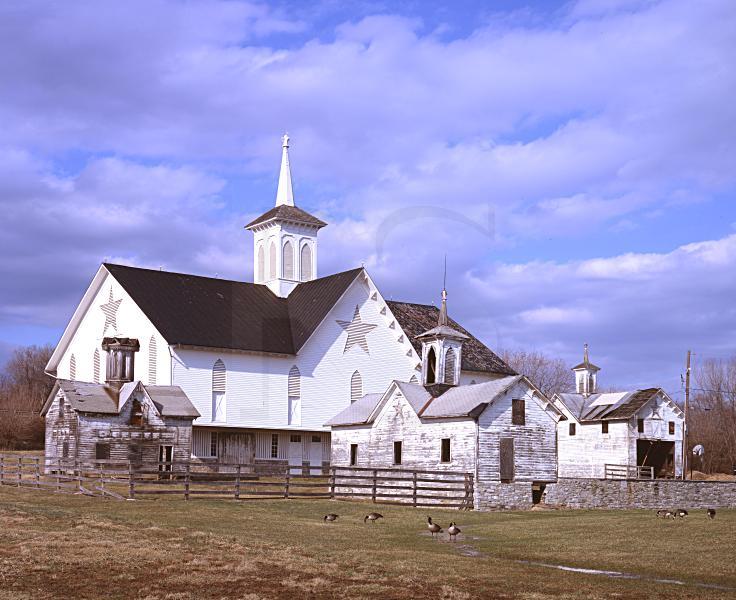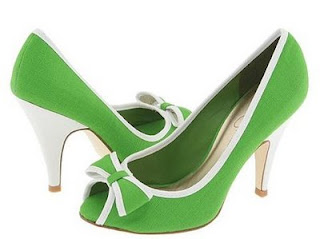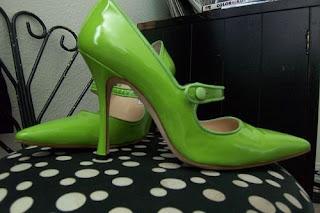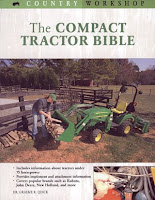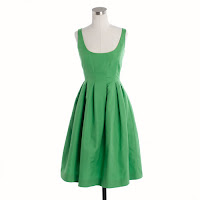
As soon as we walked in the door after church, I thudded down the stairs in my platform heels to my Barbies. Poppop had built my sister and me a Barbie house that was admired by all our friends, and Grandma had sewn curtains and upholstered furniture. My sister and I were so committed to playing Barbies that we actually played in real time: Megan, my doll—who I consider pretty in an unconventional way, though I question whether Barbies can be unconventional—was in her eighth month of pregnancy. I even sewed maternity clothes for her. There would be no playing Barbies today though, not in this state.
I rooted through the box of dresses with a sense of urgent hurriedness, disregarding my own injunction to keep order in the Barbie box. I found what I was looking for: Megan, who was wearing a navy blue knitted dress with a balled-up curtain for a belly. This had not always been a dress. My mom told few stories about her childhood that didn’t have a moral. I knew well that she had only been spanked once, though she now wishes that it had been more often, and I knew well the story—the outline, none of the details—that prompts her to remind us often that nothing good happens after midnight. But she had only told me the story about the navy blue knitted rectangle once, though I begged for it often. Papo used to wear a worn navy blue pea coat. He complained rarely, but she once caught a brief hint that the collar didn’t keep one’s neck quite as warm as one might like. All on her own, she secretively measured the neck of his coat and began work on a perfectly rectangular navy blue piece. When she finished her knitting, she excitedly brought the piece to school, still hiding it in her pocket where she could touch it and imagine Papo’s pleased surprise when she delivered it after her last class. But that was the day she was called out of Biology and guided to the main office and told to sit in the chair that stuck to her legs and given the news of her grandfather’s death. She had always felt a little guilty, she told me, that her first reaction was to reach her hand to her pocket and wonder what on earth she was going to do with a navy blue knitted patch. For years, Mom had kept the knitted collar in a drawer in the living room buffet, along with pipe cleaners and napkin rings, more because one can’t throw that sort of a thing away than because it belonged there. I found it after my Barbie became pregnant, and since it was suitably stretchy, I asked my mom to stitch the edges together, and it became a dress.
I picked up Megan and pushed the navy blue knitted dress to my eyes. I didn’t bother to take it off of her—I was in an obsessively modest stage and didn’t like naked dolls lying about. The curtain-belly was dislodged and the rough blue tear-dampened yarn made my nose itch. The sobs rolled up out of my own belly in waves and jerks. I pressed Megan’s body to the back of my neck and thought about how Papo would have felt, with the scratchy rectangle warming his cold, wrinkled neck. The terror did not subside, but seeped down to a depth of me I’d never felt before, where it settled, calmly and terribly and peacefully. It became the numinous thing that anyone who has been near the ocean knows lurks below the sharp glinting surface, which with time becomes an almost soothing reminder that there is vast space beyond that which is fit for human eyes.
Stroking the rough blue dress made me think about my Question. This wasn’t one of my favorite questions—not the sort that I considered when I was in, or wanted to feel that I was in, a profoundly pensive mood. No, my Question was one of those that gnaws at the part of your brain right at the top of your spine, and the kind that when you finally get brave enough to ask your mother, she raises her eyebrows and tells you that you will have to ask Jesus or Solomon when you get to heaven. Why couldn’t I remember when I first learned what death was? Surely it must have been a traumatic revelation—goodness, I’d had nightmares for weeks when I’d learned about sex. I think it must have been something about the mysterious way that you can heart-achingly miss someone that you had never met that reminded me of my question. My sobs faded to an occasional weepy gasp. I readjusted Megan’s curtain-belly and pulled across the knitting to make gaps in the navy blue dress big enough to push her slender arms through. She had originally been a Disco Barbie, and was of high rank in our world because, unlike all the others, her elbows could bend. I sat her in the tiny living room on the blue corduroy sofa, curved her arms, and rested her hands gently on her round belly.





